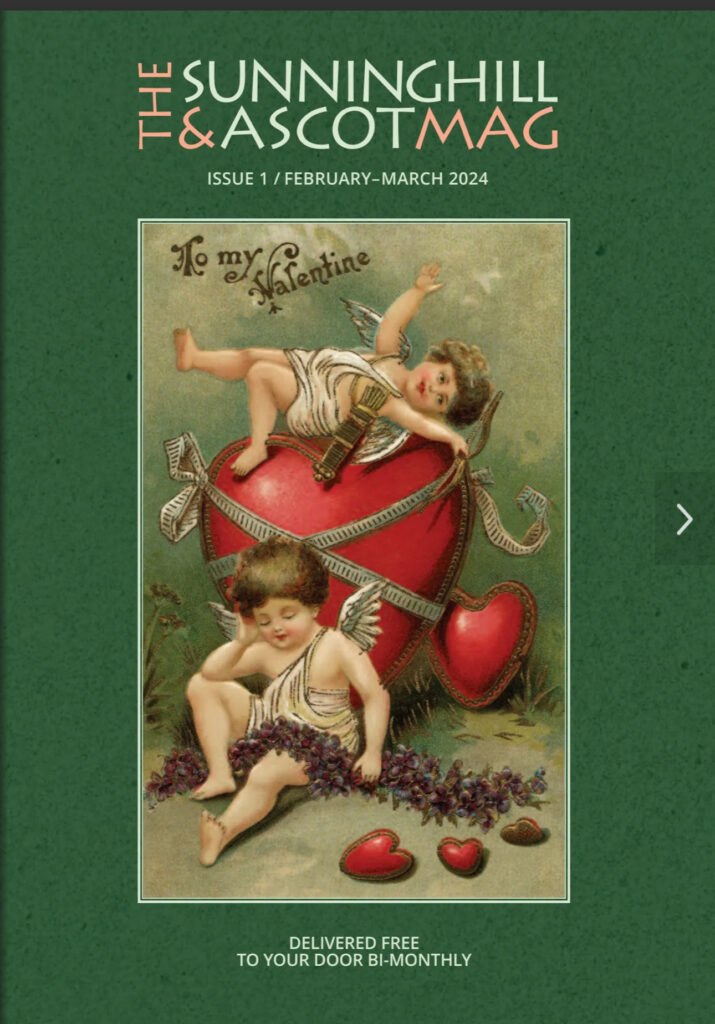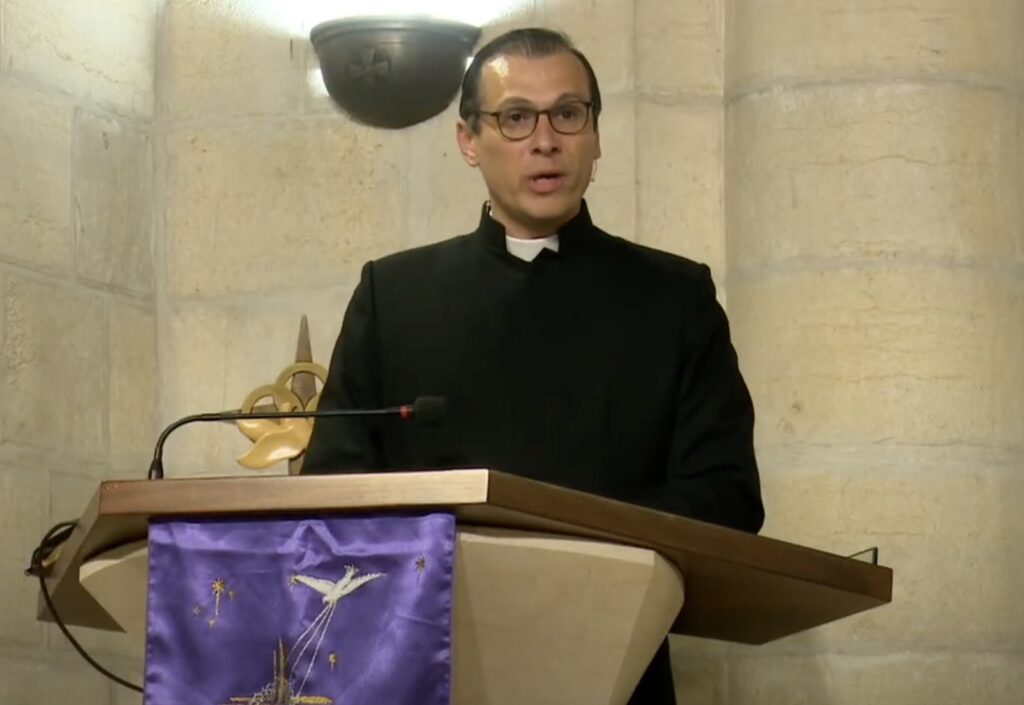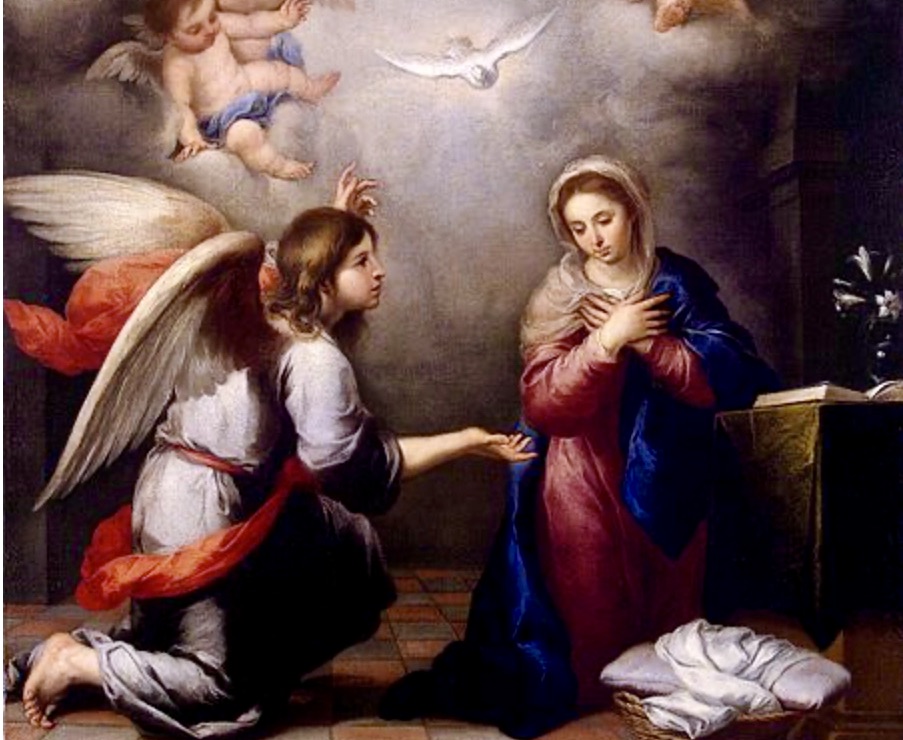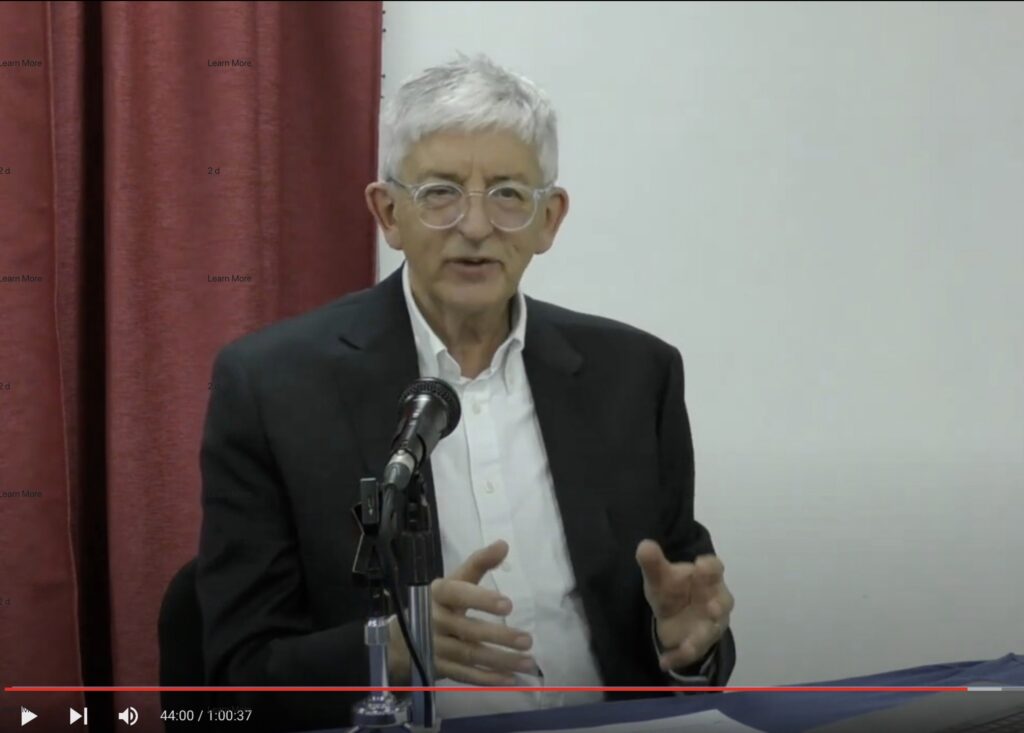






When you were a child, who or what did you want to be when you grew up? As a child, I dreaded the Christmas visits to aunts and uncles. Every year they would ask me the same question: “What do you want to be when you grow up?” I hadn’t a clue. In many societies, you are expected to join the family trade or you may become an apprentice to a master craftsman. That’s how my grandfather Lewis learnt his trade. My great-grandmother paid a local carpenter to take Lewis on as a young boy and teach him carpentry skills. I still have his articles of indenture. My grandfather became his pupil, a learner. Then when he too became a master craftsman, he took on my father who became his disciple. I broke the family tradition although I’m pretty good at putting Ikea furniture together. The greatest tragedy in life is not death, but life without meaning, without purpose. Many people go through life without ever discovering God’s purpose for their lives. We are not an accident. We were created for a purpose. We were made to have meaning.
In his book, The Purpose Driven Life, Rick Warren says “Without God, life has no purpose, and without purpose, life has no meaning. Without meaning, life has no significance…” In our Gospel reading we learn about God’s purposes, not just the first disciples, but for us too. The context for their meeting with Jesus begins in verse 35.
Continue readingDespite criticism of their alleged involvement, virtually everyone on both sides of the Atlantic, including the US President, Joe Biden and the British Monarch King Charles, have been celebrating the visit of an Iranian delegation to Palestine. In the Epiphany story, we remember how a group of Iranians visited Palestine carrying funding for an opposition figure the authorities wanted dead. Then the Iranians evaded the authorities, ignoring the correct exit procedures and fled the country. Of course, King Charles, the Prime Minister and US President have not been celebrating contemporary Iranian involvement, but the historic visit of a past Iranian delegation – the Magi (the ‘Wise Men’ or ‘Kings’) who came to Bethlehem bringing gifts of gold, frankincense and myrrh for Jesus. It is ironic that without Iran and Iranian involvement, we would not have exchanged gifts on Christmas Day!
The passage before us today is a study in contrasts. The contrast between religious hypocrisy and spiritual integrity. Between the religious hypocrisy of Herod and the Priests, and the spiritual integrity of the Magi. How can we distinguish one from the other? By their response to God’s revelation in nature, but above all His self revelation in the Scriptures. For the scriptures demand a response, not passive acquiescence nor mere lip service, but submission. In this passage we are going to consider the Kings Hypocrisy, the Scripture’s Testimony, and the Magi’s Integrity.
Continue readingIf you are like me they you probably find January a challenging month. After the highs of the Christmas season, the short-lived New Year resolutions, long dark nights, and typically cold weather, we can easily become discouraged or demotivated.
In my former parish, just after Christmas I would invite the whole church family to reflect upon the previous year and identify their personal ministry highlights. Having collated their answers, we gave a copy to every church member encouraging them to keep it in their bibles and use it in their daily prayers, giving thanks for God’s abundant blessings in the year that had gone. Each January we found this really strengthened our faith and raised our expectations of what the Lord could accomplish in and through us during the year ahead.
I have done the same in what follows, highlighting an event or initiative for each month of 2023. I have also appended news of two exciting new initiaitves in 2024. Thank you for making this all possible, through your prayers and support. We look forward to partnering with you in the year ahead.

The Psalms have a unique place in scripture. They have been likened to a hymn book. But not just any old hymnbook. Whether we feel like worship or not, as we begin to recite the verses of the psalms, something begins to happen in our hearts. It is as if the saying of the words draws us in to praise. John Piper says, “Thanksgiving with the mouth stirs up thankfulness in the heart.”[1]
I don’t know about you, but I cannot read more than a few verses of Psalm 148 without wanting to sing the beautiful hymn “All Creatures of our God and King”. It was written by William Henry Draper, based on a poem by Francis of Assisi, and set to a tune composed by Ralph Vaughan Williams. But as we sing, or say, the words of this psalm, I also confess that I smile at the absurd idea that somehow we human beings can instruct the angels, the sun and moon, the weather, the mountains, the seas, reptiles, birds and animals, to praise God. Why? Because the scriptures tell us this is something which they already do, naturally and instinctively, all the time. [2]
Continue reading
The Revd Dr Munther Isaac, is the vicar of the Evangelical Lutheran Christmas Church in Bethlehem. Munther delivered a prophetic message during the Christ in the Rubble Liturgy of Lament service today. It was a powerful message challenging Western Churches to demonstrate solidarity with the suffering church in Palestine and repudiate the genocide occurring in Gaza, because silence is complicity.
View the video here
Read Munther’s text below:
Christ in the Rubble
A Liturgy of Lament
“We are angry…
We are broken…
This should have been a time of joy; instead, we are mourning. We are fearful.
20,000 killed. Thousands under the rubble still. Close to 9,000 children killed in the most brutal ways. Day after day after day. 1.9 million displaced! Hundreds of thousands of homes destroyed. Gaza as we know it no longer exists. This is an annihilation. A genocide.
The world is watching; Churches are watching. Gazans are sending live images of their own execution. Maybe the world cares? But it goes on…
Continue reading
Remember the last time you filled out a job application? You listed your education, your skills, your work experience. Then you hit the final question: “What is it that makes you uniquely qualified for this position?” How do you answer without appearing arrogant? And when I am asked to give a reference for someone, the question I stumble over is “What are the applicant’s weaknesses? Employers assume your availability, but what they really want to know about is your liabilities. Most employers hire on the basis of competence. They look at your skill set and maybe your personality type. Only the enlightened ones care much about your character. But God doesn’t operate this way. In today’s reading from Luke, we learn what it means to say “I am the Lord’s servant comma”
1. No matter who you are, the Lord can use you
“In the sixth month of Elizabeth’s pregnancy, God sent the angel Gabriel to Nazareth, a town in Galilee, to a virgin pledged to be married to a man named Joseph, a descendant of David. The virgin’s name was Mary.” (Luke 1:26-27)
Mary teaches us God is not as interested as your abilities as He is in your availability. No matter who you are, God can use you. Luke describes an ordinary girl with some serious liabilities:
Continue readingJesus of Palestine: A Christmas presentation given at the Gulf Cultural Club, Abrar House, London

The Evangelical Lutheran Christmas Church in Bethlehem are commemorating the birth of Jesus Christ differently this year. They have created a nativity scene resembling the situation in Gaza amid Israel’s brutal onslaught. The nativity scene shows a baby wrapped in the traditional Palestinian keffiyeh and placed in debris and rubble. While the keffiyeh symbolises Palestinian identity, history, and struggle, the debris represents destruction in Gaza, where at least 20,000 people have already been killed by Israel’s indiscriminate war, and thousands more are missing under the rubble, most of them children and women. The baby Jesus represents the thousands of children buried beneath the rubble in Gaza. The vicar of the Nativity Church, the Revd Dr Munther Isaac, said: “If Jesus were born today, he would be born in Gaza under the rubble.” The municipalities and churches in Bethlehem and Ramallah have announced that Christmas celebrations have been cancelled in the occupied West Bank in solidarity with Gaza, calling on parishes instead to collect donations to help the victims.[1]
As we reflect on Christmas at the Gulf Cultural Club, we have been asked to consider two questions this evening. First, how would Jesus deal with the current situation in Palestine? Second, how can peace be promoted today? The hope is that this seminar will contribute to the promotion of justice and peace as we mark the festive season linked to Jesus and Mary. Let’s consider these two questions one at a time.
Continue reading
Jesus of Palestine: In conversation with Chris Williamson and David Miller on Palestine Declassified for Press TV. View the interview here:
What’s your view on Jesus’ politics?
In his first sermon Jesus announced his political agenda.
“The Spirit of the Lord is on me,
because he has anointed me
to proclaim good news to the poor.
He has sent me to proclaim freedom for the prisoners
and recovery of sight for the blind,
to set the oppressed free, to proclaim the year of the Lord’s favour.”
Then he rolled up the scroll, gave it back to the attendant and sat down. The eyes of everyone in the synagogue were fastened on him. 21 He began by saying to them, “Today this scripture is fulfilled in your hearing.” (Luke 4:18-21; Isaiah 61:1-2)
The prophet Isaiah is referring to the coming of the Messiah to announce the Year of Jubilee (which occurred every 50 years). When debts were cancelled, all slaves were freed and any property sold was returned to each family. It was intended to avoid extremes of wealth and poverty, and ensure justice, liberty, and equality. Jesus insists the Jubilee had come because the Sovereign King had now arrived. Jesus political agenda therefore was to transform a deeply divided and unjust world and bring liberty, equality and fraternity, in a right relationship with the one true God and one another. Although this will ultimately only be fully realised in heaven, we get to demonstrate a foretaste by the way we treat one another.
Continue reading“Since then your Majesty and your Lordships seek a simple answer, I will give it in this manner, neither horned nor toothed. Unless I am convinced by the testimony of the Scriptures or by clear reason (for I do not trust either in the pope or in councils alone, since it is well known that they have often erred and contradicted themselves), I am bound by the Scriptures I have quoted and my conscience is captive to the Word of God. I cannot and I will not recant anything, since it is neither safe nor right to go against conscience. May God help me. Amen.” [i]
When Martin Luther nailed his 95 theses to the door of All Saint’s Church, Wittenberg, in 1517, he sparked the Protestant Reformation right across Europe. On the 500th anniversary of that momentous event, in 2017, the Archbishops of Canterbury and York issued a statement.
“The Reformation was a process of both renewal and division amongst Christians in Europe. In this Reformation Anniversary year, many Christians will want to give thanks for the great blessings they have received to which the Reformation directly contributed. Amongst much else these would include clear proclamation of the gospel of grace, the availability of the Bible to all in their own language and the recognition of the calling of lay people to serve God in the world and in the church. Many will also remember the lasting damage done five centuries ago to the unity of the Church, in defiance of the clear command of Jesus Christ to unity in love.”
Continue reading